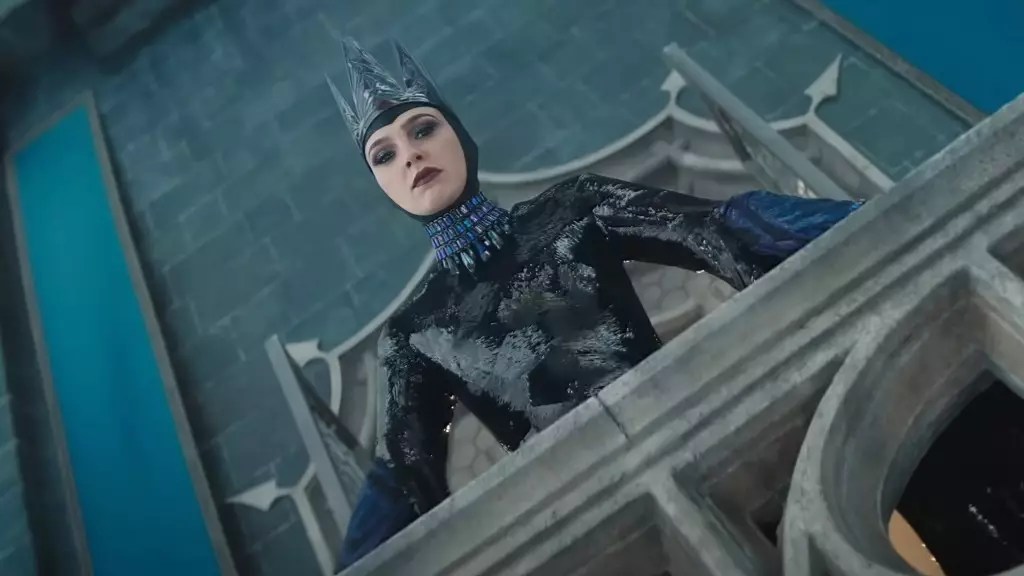Gal Gadot’s recent reflections expose a complex intersection between politics and art that Hollywood prefers to dismiss as separate domains. Her admission that external pressures surrounding the Israel-Hamas conflict likely influenced the performance of “Snow White” isn’t just a candid acknowledgment—it’s a stark reminder of how global conflicts threaten to seep into creative spaces, corrupting artistic integrity. Instead of addressing these issues with transparency, Hollywood often prefers to maintain a facade of neutrality, ignoring how political biases and national loyalties subtly distort its narratives and decisions.
Gadot’s insistence that her personal identity as an Israeli impacted her reception demonstrates the deep-rooted challenges faced by individuals living in a polarized world. Her experience underscores how Hollywood’s landscape remains far from the “safe space” it markets itself as—where celebrities can operate free from ideological siege. The actress’s candidness lays bare the uncomfortable reality: that personal and political allegiances often take precedence over artistic merit and audience enjoyment.
The Illusion of Artistic Independence
While Gadot attempts to downplay the influence of external pressures on “Snow White’s” commercial failure by citing multiple factors, her critique raises questions about Hollywood’s true independence. Is it realistic to believe that a blockbuster’s success exists in a vacuum, unaffected by the political climate? The entertainment industry’s increasingly politicized environment suggests otherwise.
This situation reflects a deeper problem: Hollywood’s tendency to adopt a facade of impartiality, even as internal biases and external pressures shape decisions behind closed doors. When stars like Gadot are compelled to justify their careers through political lenses, it hints at a disturbing culture where patriotism and personal beliefs are weaponized, often at the expense of genuine storytelling. The stakes are high—once a filmmaker or actor’s personal convictions become a liability, the very essence of artistic freedom is compromised.
The Broader Implications for Society and Democracy
The politicization of Hollywood, as exemplified by Gadot’s experience, acts as a microcosm for broader societal tensions. When influential cultural institutions cower under political pressure, they risk turning into echo chambers rather than platforms for honest debate. Hollywood’s reluctance to confront uncomfortable truths about its complicity in perpetuating biases ultimately weakens its role as a societal mirror and critic.
This scenario also raises critical questions about free speech and the responsibilities of public figures within liberal democracies. If celebrities are silenced or marginalized because their personal beliefs challenge dominant narratives, the pluralism vital to democratic discourse erodes. The industry must grapple with whether it values artistic authenticity or is willing to sacrifice it on the altar of political expediency.
In navigating these turbulent waters, those committed to a liberal, center-left worldview should advocate for a Hollywood that resists political manipulation and embraces its role as a space for diverse perspectives. Genuine progress demands acknowledging uncomfortable truths and resisting the urge to silence dissent—whether for political convenience or commercial gain. Only then can the industry hope to restore its credibility and uphold the principles of free expression that underpin a truly democratic society.

